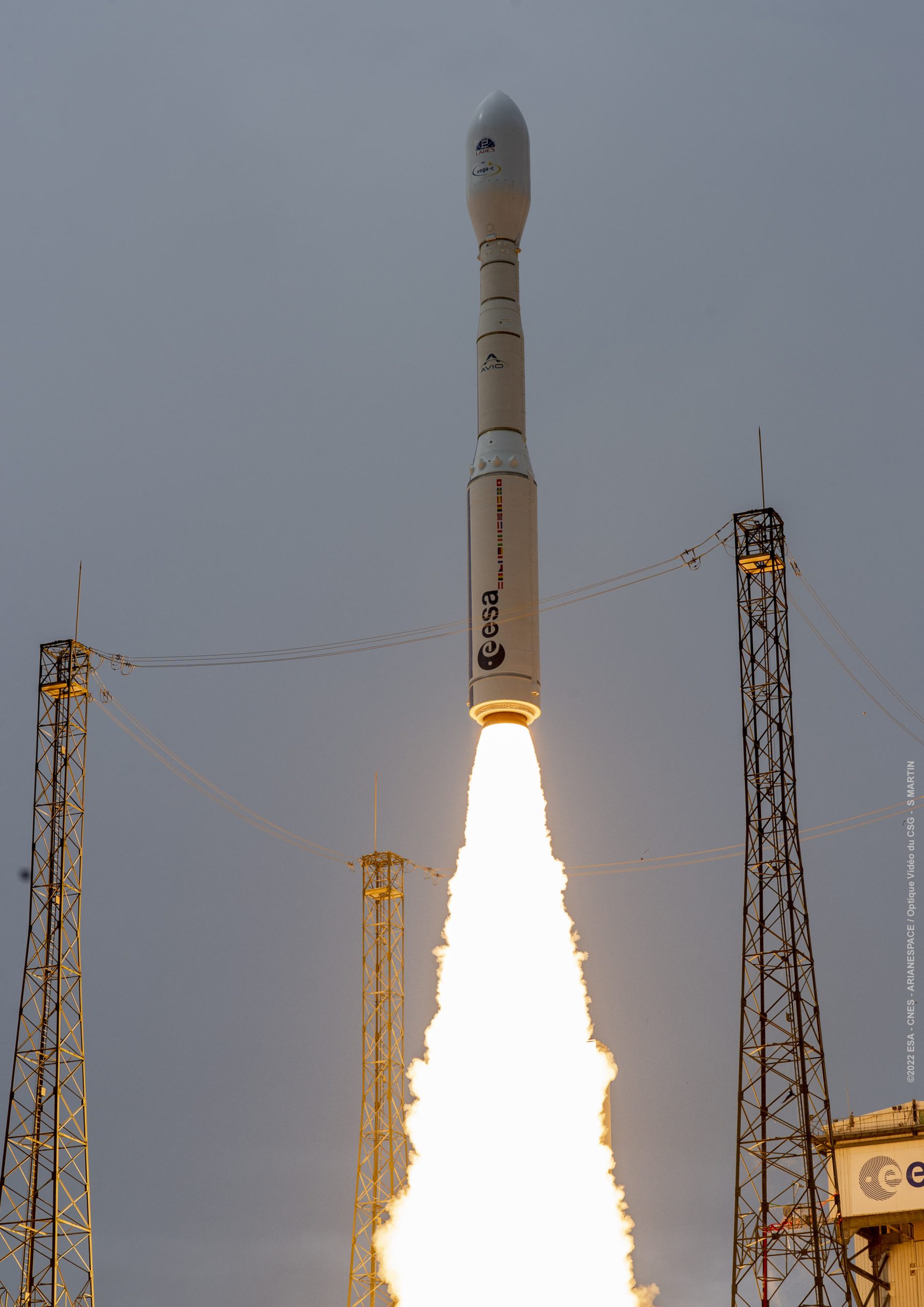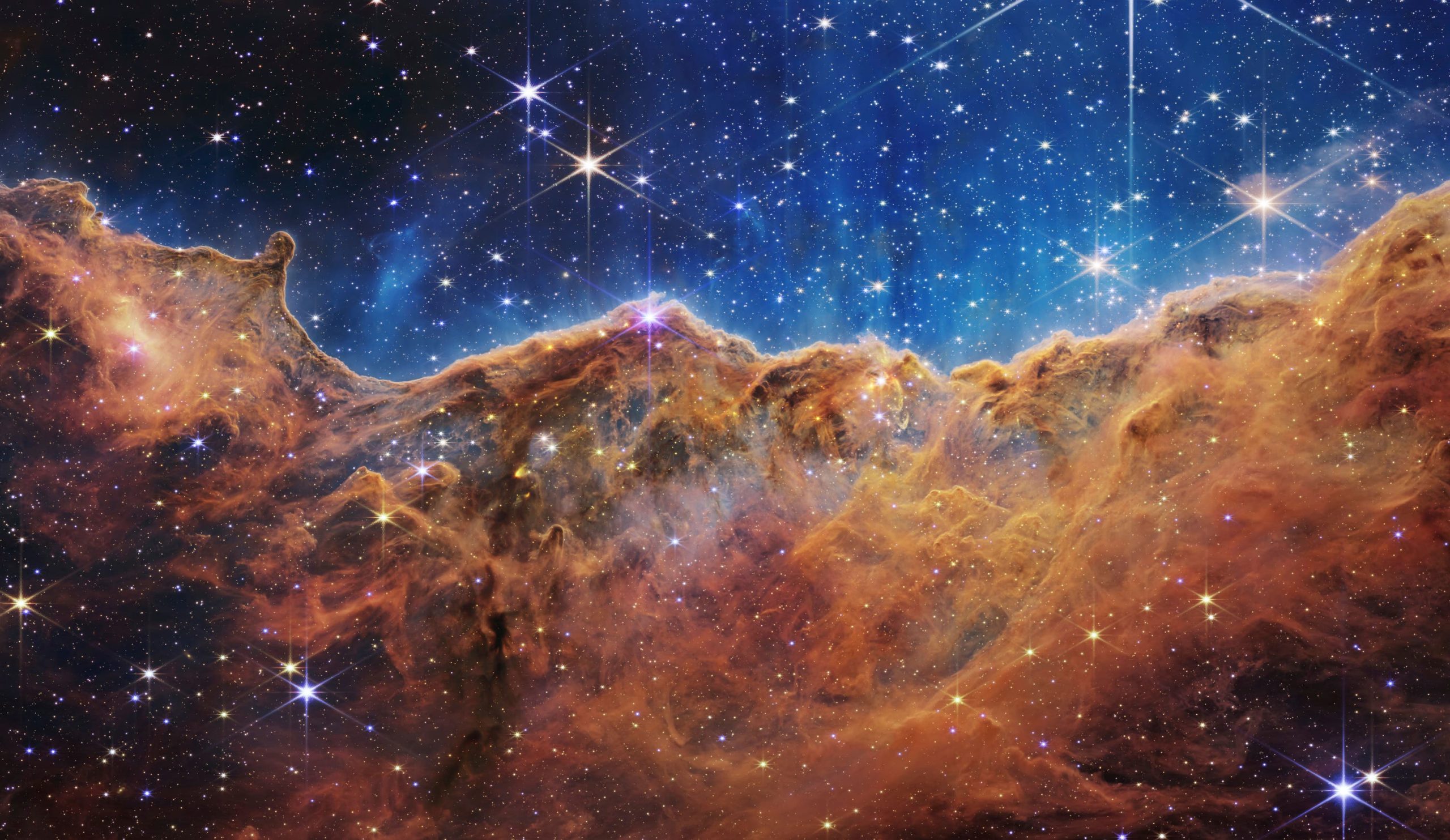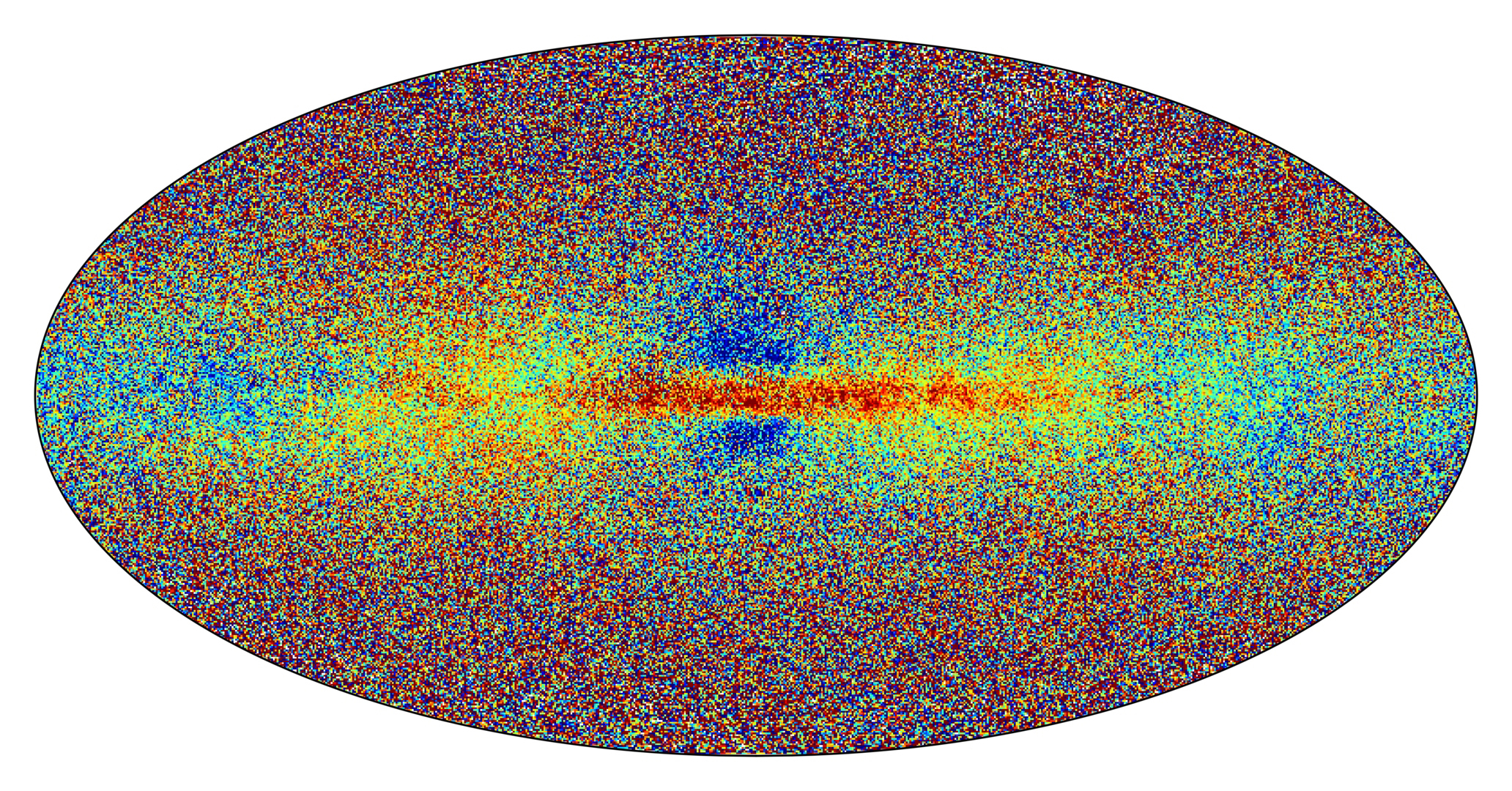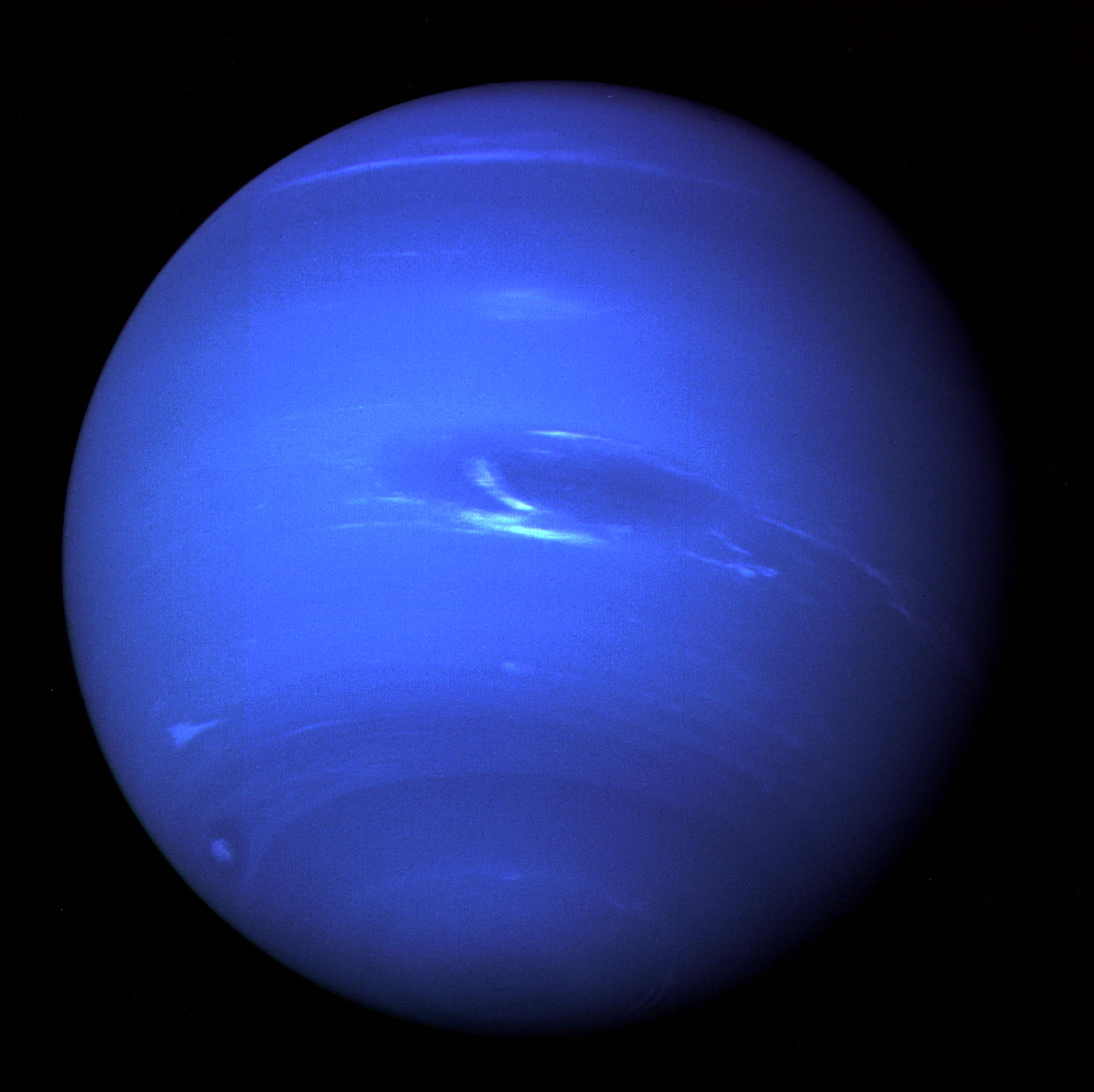Europe’s upgraded Vega space launcher makes inaugural flight
The European Space Agency (ESA) has celebrated the first flight of its Vega-C rocket. Vega-C is an upgrade to the Vega rocket that made its debut in 2012 as a launcher specialising in lifting small payloads
Group of galaxies and ‘baby stars’ among new images released by Nasa
Nasa is “just getting started” with new discoveries in the universe after releasing stunning photos taken by its James Webb Space Telescope, its boss said. Among the images released on Tuesday were the Southern Ring Nebula,
Exoplanets may provide habitable conditions for billions of years, study says
Rocky exoplanets – planets outside our Solar System – with atmospheres dominated by hydrogen and helium could provide habitable conditions for billions of years, new research has suggested. The study suggests these planets can sustain temperate
New data reveals stars experience ‘quakes’ like on Earth
Stars experience quakes like we have on Earth, scientists have discovered, after data revealed new information on nearly two billion stars in the Milky Way. These “starquakes” – known as non-radial oscillations – are tsunami-like movements
European ‘star survey’ reveals celestial treasure trove
The European Space Agency (ESA) has released a trove of data on almost two billion stars in the Milky Way, collected by its Gaia mission in an effort to create the most accurate and complete map
Scientists can finally explain why Uranus and Neptune are different colours
Scientists have explained why, despite having much in common, Uranus and Neptune have very different appearances. The furthest two planets in the Solar System have similar masses, sizes, and atmospheric compositions – yet Neptune looks distinctly





